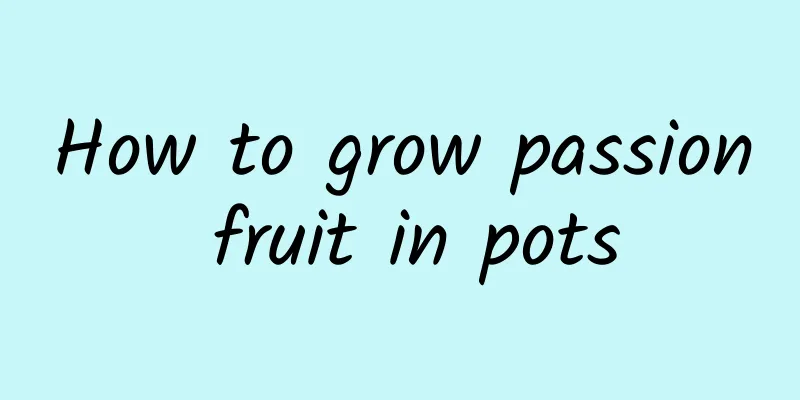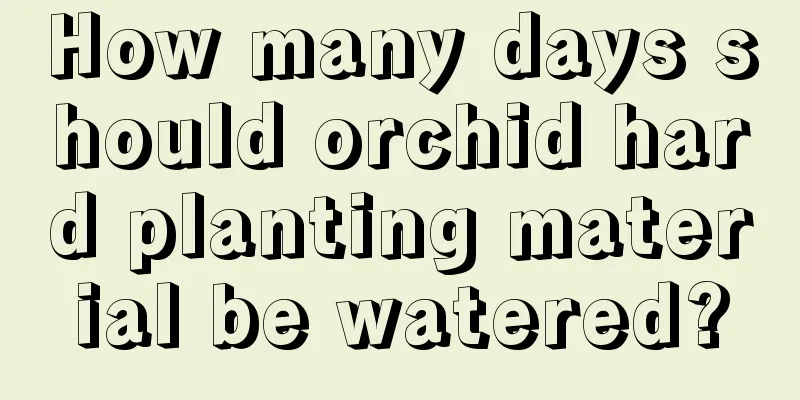What fertilizer is good for peas?

Overview of Pea FertilizationPea is a climbing herb of the legume family. It prefers a frozen and humid climate and is cold-resistant but not heat-resistant. It can withstand temperatures as low as 5°C in the seedling stage, the suitable temperature during the growth period is 12-16°C, and the suitable temperature during the podding period is 15-20°C. The base fertilizer for peas must contain sufficient organic fertilizer. Generally, 2-3 tons of decomposed organic fertilizer is applied per mu, and 20-30 kg of superphosphate and 15-20 kg of potassium sulfate are applied. What fertilizer is good for peas?When peas absorb fertilizers, nitrogen is the main component, followed by potassium and the least is phosphorus. Although its root nodules can fix nitrogen in the soil and air for plant absorption, it still needs to rely on nitrogen fertilizer supplementation. Pea base fertilizer should be applied early. Generally, 3000-5000 kg of organic fertilizer, 25-30 kg of superphosphate, 10 kg of urea and 100 kg of wood ash are applied per mu. How to fertilize peasPea farmers' organic fertilizer should be mixed with phosphate fertilizer. Generally, 15-25 kg of superphosphate can be applied per mu, and mixed with 500-1000 kg of dried pig and cow dung, wood ash, etc. In the spring, peas should be supplemented with appropriate nitrogen fertilizers and phosphorus fertilizers, because the plants require a large amount of fertilizer during the peak period of flowering and podding. Fertilization can encourage the plants to increase the number of flowers and improve the podding rate. Points to note when fertilizing peas1. Pea leaves turn yellow due to excessive fertilizer or too high fertilizer concentration. The young leaves are thick, shiny, and uneven. At this time, you need to water more to dilute the fertilizer. 2. Most peas are long-day varieties. After fertilizing, they must be given sufficient light and the shading of field weeds should be avoided as much as possible. This can increase the flowering and podding rate. |
<<: Can you grow succulents in egg shells?
>>: What fertilizer is good for succulent plants?
Recommend
How to grow sunflowers for high yields (sunflower field management techniques and planting tips)
Green cultivation of sunflowers refers to followi...
Management of pitaya seeds after germination
1. Proper lighting Dragon fruit grows well in an ...
How to propagate the chicken shit vine
1. Seed propagation 1. Seed selection and process...
Can Cordyline be grown together with Lucky Bamboo? How to grow them?
1. Can Cordyline be grown together with Lucky Bam...
How to choose a watermelon? How much does a pound of watermelon cost?
1. How to choose a watermelon Method 1: When choo...
Don’t look any further, all the information you need about watering Jianlan is here!
1. The amount of watering Anyone who has raised i...
What to do if the leaves of the money tree turn yellow and soft
Temperature reasons When the temperature drops be...
How to grow and prune dragon beard orchid
Dragon beard orchid is an ornamental flower plant...
When to plant winter radishes?
Radish is a semi-hardy vegetable that prefers a m...
How and when to plant rapeseed
Before cultivating rapeseed, you should choose se...
The meaning and symbolism of peaches
1. Good luck and longevity Peach is a common frui...
The language and legend of lavender
The Flower Language of Lavender Waiting for love ...
How to grow a pear bonsai
How to raise Temperature and light Pear trees pre...
Cutting method of Ficus microcarpa
The fiddle-leaf fig , with its upright stem, spar...
Jacaranda cultivation methods and precautions
1. Soil When growing it, it is best to use fertil...









